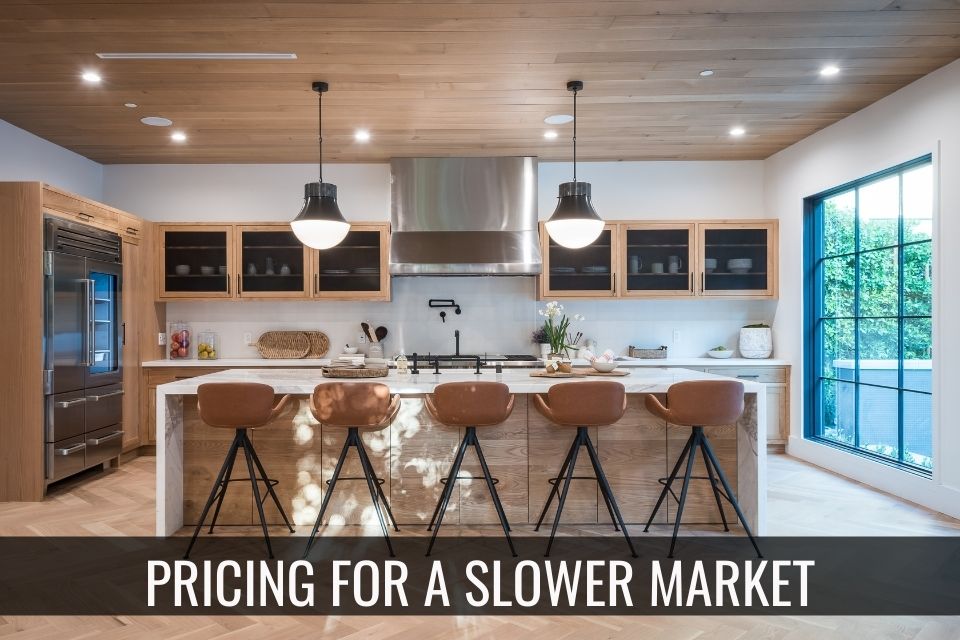An unexpected byproduct of the pandemic has been a booming housing market.
As Covid-19 hit the country, the housing supply was already low, and the
lockdown depressed the volume even more. As more homebuyers began looking
for new homes, fueled by the ability to work-from-home and low-interest rates,
sellers have been experiencing a strong seller’s market.
As we end 2021, however, signs may start to point to a market slowdown.
Interest rates are starting to rise, and the higher home prices have discouraged
potential buyers from purchasing.
So, what does this mean for a seller this fall and winter? Amidst concern over the
slowing market, sellers already in the market or considering listing their home
should plan for a potential slowdown.
No one likes to leave money on the table, but it’s more important than ever to
have a real conversation about list price with a professional real estate agent.
Whereas just a few months ago, a new home would sell the first weekend for an
over-asking price, new listings should now consider that it could take longer.
Listing the property slightly below what might have been appropriate last spring,
could help generate quick interest and result in a contract.
Pricing strategy is the single most important aspect of listing a home for sale.
Price dictates how quickly a home attracts attention and offers. If the market is
showing signs of slowing, savvy buyers will wait. Sellers need to consider their
listing price carefully to avoid price reductions later for a home that is sitting on
the market.

Recent Comments